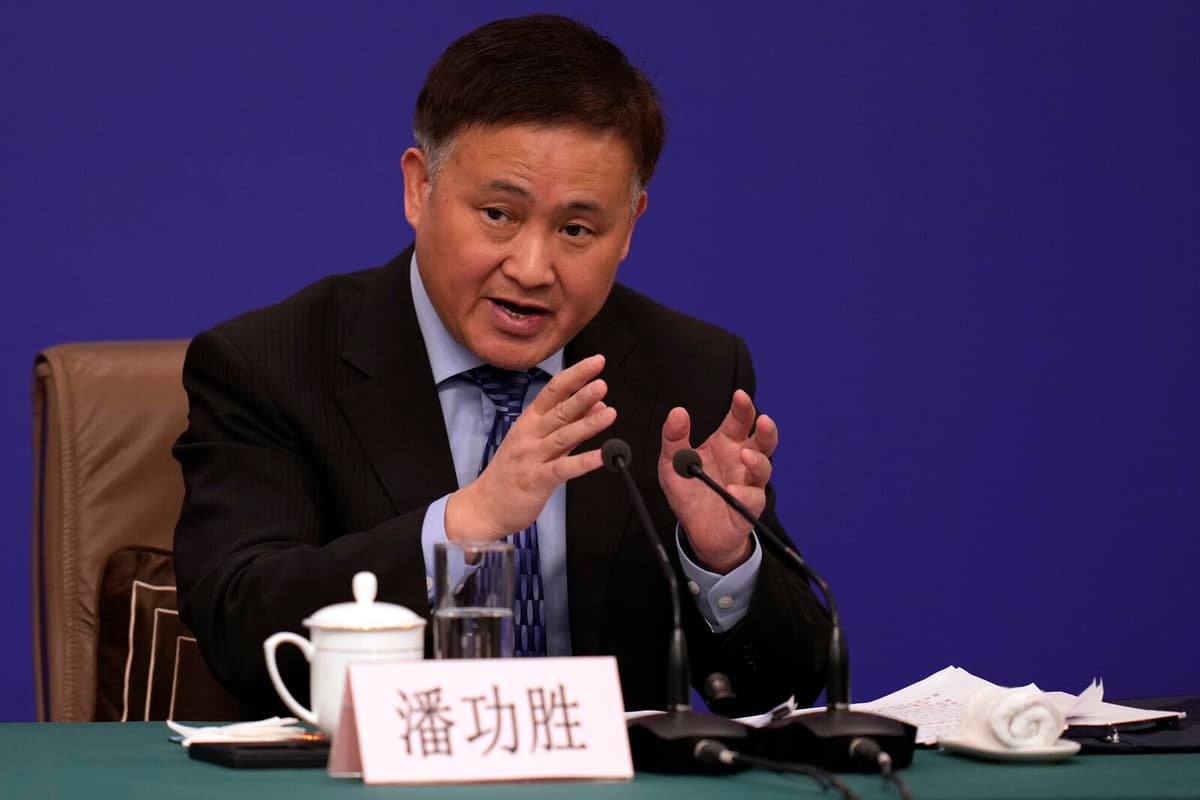On the Chinese stock exchanges, it was a thumbs up, with a price increase of 3-4 percent.
The capital requirements for Chinese banks - i.e. how large reserves they must have in relation to their lending - are being lowered to the lowest level since 2020, while the country's most important interest rate is being lowered from 1.7 to 1.5 percent.
Releasing capital in banks
This combination of measures has not been seen in 20 years.
The lowered capital requirement of 0.50 percentage points releases the equivalent of 1,450 billion kronor to the country's lenders, according to central bank governor Pan Gongsheng.
The central bank has also taken measures to boost the housing market, including reducing the interest costs for mortgages by a total equivalent of 55,000 billion kronor and by lowering the minimum cash deposit for speculators who want to buy a second home from 25 to 15 percent.
Beijing has struggled in recent years with a relatively weak recovery in the wake of the pandemic lockdowns. One issue that has caused particular concern for the regime is the real estate sector, which is plagued by extensive debt problems and large corporate collapses.
"More is needed"
Although the stock market reacted clearly positively, analysts warn that the measures may not be enough to reverse the trend of deflation and declining demand in the Chinese economy.
It's hard to say which "silver bullet" to take to solve everything. Of course, it's good with monetary policy stimuli that provide support, but more is needed to secure growth in the fourth quarter, says Ken Wong, portfolio manager at Eastspring Investment, to Bloomberg.






